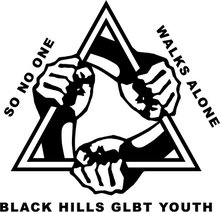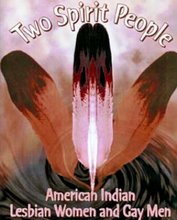by Nick Langewis
Almost eight years after the first formal complaint, a final legal ruling, with LGBT and states' rights implications, will decide whether federal law can prevent state anti-discrimination law from assuring equal reproductive care for all prospective mothers.
Guadalupe "Lupita" Benitez and her partner Joanne Clark decided, after 11 years together, to build a family. In August of 1999, Benitez began fertility treatments with the only clinic covered under her employer's medical plan, North Coast Women's Care Medical Group.
The battle began when the primary fertility doctor treating Ms. Benitez, Dr. Christine Brody, went on vacation after 11 months of treatments, leaving her in the care of colleague Douglas Fenton. While Dr. Brody expressed her disapproval of lesbians having children, she continued to treat Benitez. In the previous months, Benitez said, she told Dr. Brody that she wanted her sexual orientation kept confidential; her chart, however, said that she would require donor sperm, and had never had a male partner.
During that same period, Benitez was not only prescribed fertility drugs and guided on home care procedures, but laproscopic surgery was also performed to prepare her for artificial insemination. Dr. Fenton would later refuse to perform any further procedure or refill Benitez's prescription on the grounds that there was discomfort among the NCWC staff, including Dr. Brody, over Benitez's sexual orientation; Drs. Brody and Fenton were fundamentalist Christians and attended the same church.
"For nearly a year," Benitez said, "my doctors accepted my insurance company's payments and my co-payments and they strung me along with the promise that they would help me become pregnant.
"I was in my doctors' care for their medical assistance, not for their religious judgments."
Read more:
Subscribe to:
Post Comments (Atom)
















No comments:
Post a Comment